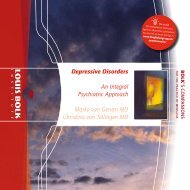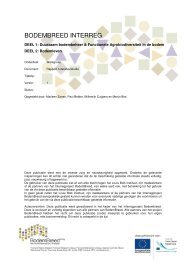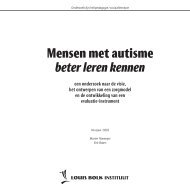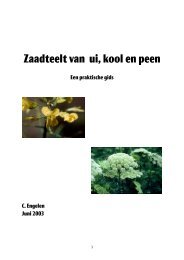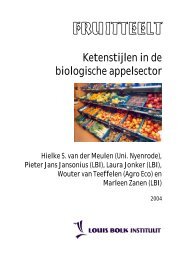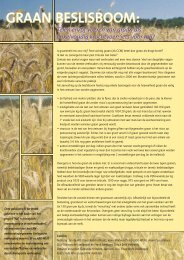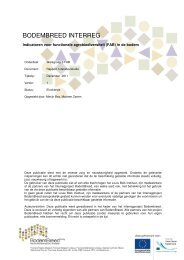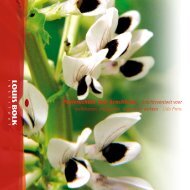Respiratory System Disorders and Therapy From a New - Louis Bolk ...
Respiratory System Disorders and Therapy From a New - Louis Bolk ...
Respiratory System Disorders and Therapy From a New - Louis Bolk ...
You also want an ePaper? Increase the reach of your titles
YUMPU automatically turns print PDFs into web optimized ePapers that Google loves.
Seasonal Influences<br />
The relation between cold <strong>and</strong> moisture, <strong>and</strong> increased awareness <strong>and</strong> inhalation<br />
is, in fall <strong>and</strong> winter, a nearly daily experience. Everyone knows the sensation<br />
of the (unexpected) contact with something cold — for example, cold water –<br />
leading to a forced intake of breath <strong>and</strong>, subsequently, the tendency to ‘hold<br />
one’s breath.’ The thorax becomes rigid being overfilled with air: a hyperinflated<br />
chest. The enhanced inhalation occurs simultaneously with greater alertness<br />
<strong>and</strong> increased awareness of one’s own body. Hypertonic muscles complete the<br />
picture of the asthmatic dynamic of the organism when it comes into sudden<br />
contact with something cold.<br />
Those who still have doubts about the relations of the above-named phenomena<br />
with each other, may think of the opposite experience in which the organism<br />
comes in contact with something warm: warmth helps us to relax, exhale, <strong>and</strong><br />
doze off.<br />
Seasonal influences may increase the preexisting dysbalance in asthma patients by<br />
emphasizing the increased muscle tension <strong>and</strong> end-expiratory volume.<br />
3.1.6. Summary <strong>and</strong> Conclusion Asthma<br />
Particularly in exacerbations, asthma patients are forced into awareness, tend towards<br />
immobility <strong>and</strong> rigidity, tighten all their muscles, are anxious, <strong>and</strong> are limited in their<br />
movements. Verbalizing longer sentences is not possible during a serious attack. The<br />
cramping <strong>and</strong> held breath are palpably present, the eyes dem<strong>and</strong> complete attention <strong>and</strong><br />
are fully aware of everything that is happening. Patients feel cold to the touch. They are<br />
focused on the outside world <strong>and</strong> have an unremitting, intensified contact with it.<br />
At such a moment, many asthmatics cannot rid themselves of the menacing picture of<br />
suffocation. They are literally ‘threatened with a complete st<strong>and</strong>still’ <strong>and</strong> the patient<br />
is intensely aware of that (fig.2.5.). The physician who visits a patient with an acute<br />
exacerbation may also experience this oppressive feeling.



